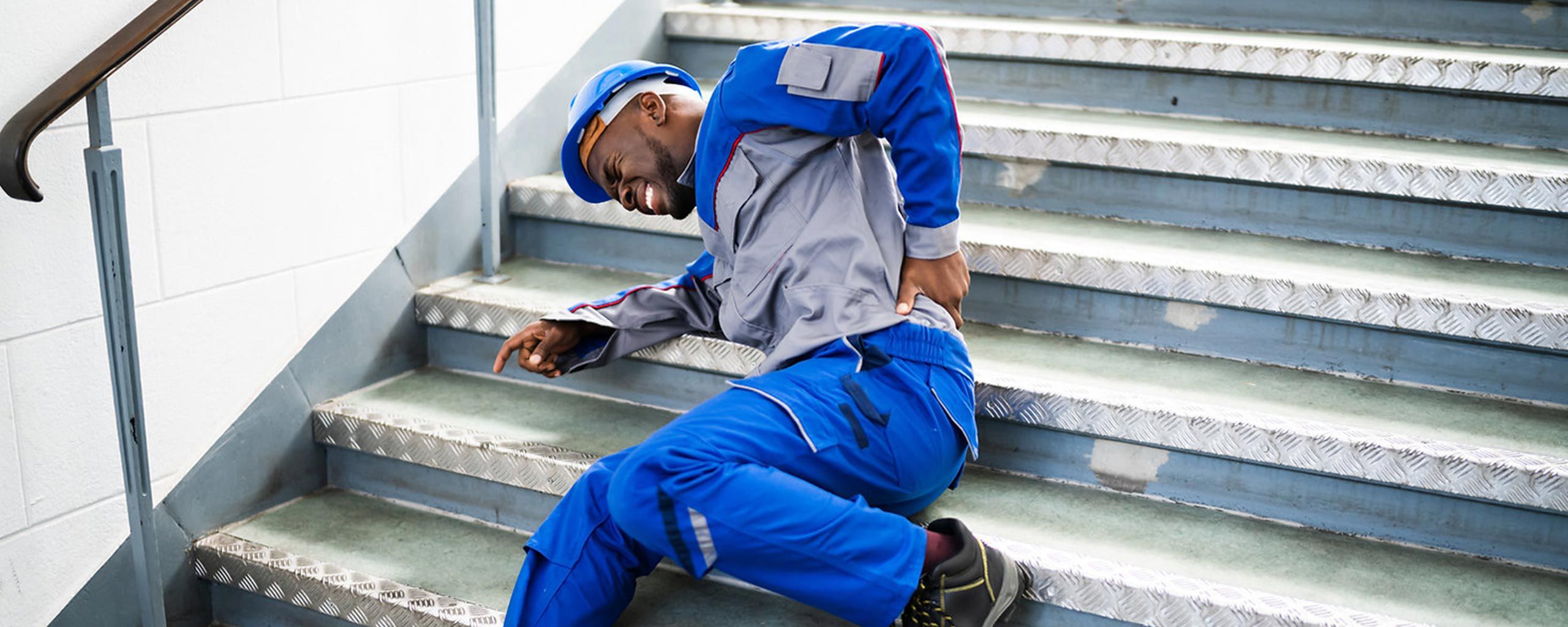Motor Vehicle Accidents / No-Fault
No-fault systems generally exempt individuals from the usual liability for causing bodily injury if they do so in a car collision; when individuals purchase "liability" insurance under those regimes, the insurance covers bodily injury to the insured party and their passengers in a car collision, regardless of which party would be liable under ordinary legal tort rules. No-fault systems often grant "set" or "fixed" compensation for certain injuries regardless of the unique aspects of the injury or the injured party.
Most U.S. states have a "traditional tort" liability system for auto insurance in which recovery is governed by principles of provable negligence. However, in New York requires policyholders to operate under a "no-fault" scheme in which individuals injured in automobile collisions are limited in their ability to seek recovery from other drivers or vehicle owners involved in a collision. In the case of economic (medical and wage-loss) damages, most no-fault systems permit injured parties to seek recovery only for damages that are not covered by available first-party insurance benefits.
No-fault systems focus solely on issues of compensation for bodily injury, and such policies pay the medical bills for drivers and their companions no matter whose fault the collision was.
Work Injuries / Workers' Compensation
In the United States, some form of workers compensation is typically compulsory for almost all employers in most states (depending upon the features of the organization), with the notable exception of Texas as of 2018. Regardless of compulsory requirements, businesses may purchase insurance voluntarily, and in the United States policies typically include Part One for compulsory coverage and Part Two for non-compulsory coverage.
In the United States, most employees who are injured on the job receive medical care responsive to the workplace injury, and, in some cases, payment to compensate for resulting disabilities. Generally, an injury that occurs when an employee is on their way to or from work does not qualify for workers' compensation benefits; however, there are some exceptions if your responsibilities demand that you be in multiple locations, or stay in the course of your employment after work hours.
Slip and Fall
A slip and fall injury, also known as a trip and fall, is a premises liability claim, a type of personal injury claim or case based on a person slipping (or tripping) on the premises of another and, as a result, suffering injury. It is a tort. A person who is injured by falling may be entitled to monetary compensation for the injury from the owner or person in possession of the premises where the injury occurred.
Liability for slip or trip and fall injuries may arise based upon a defendant's ownership of the premises where the injury occurred, their control of the premises, or both. For example, a store may be liable for a slip-and-fall injury that occurs inside of its premises, even though it rents those premises, because it has exclusive control of the interior of the rented property. The owner of the premises (the store's landlord) may have sole or shared liability for an injury that occurs outside of the store's exclusive premises, such as the injury from a fall on the sidewalk or in the parking lot of a shopping mall.



